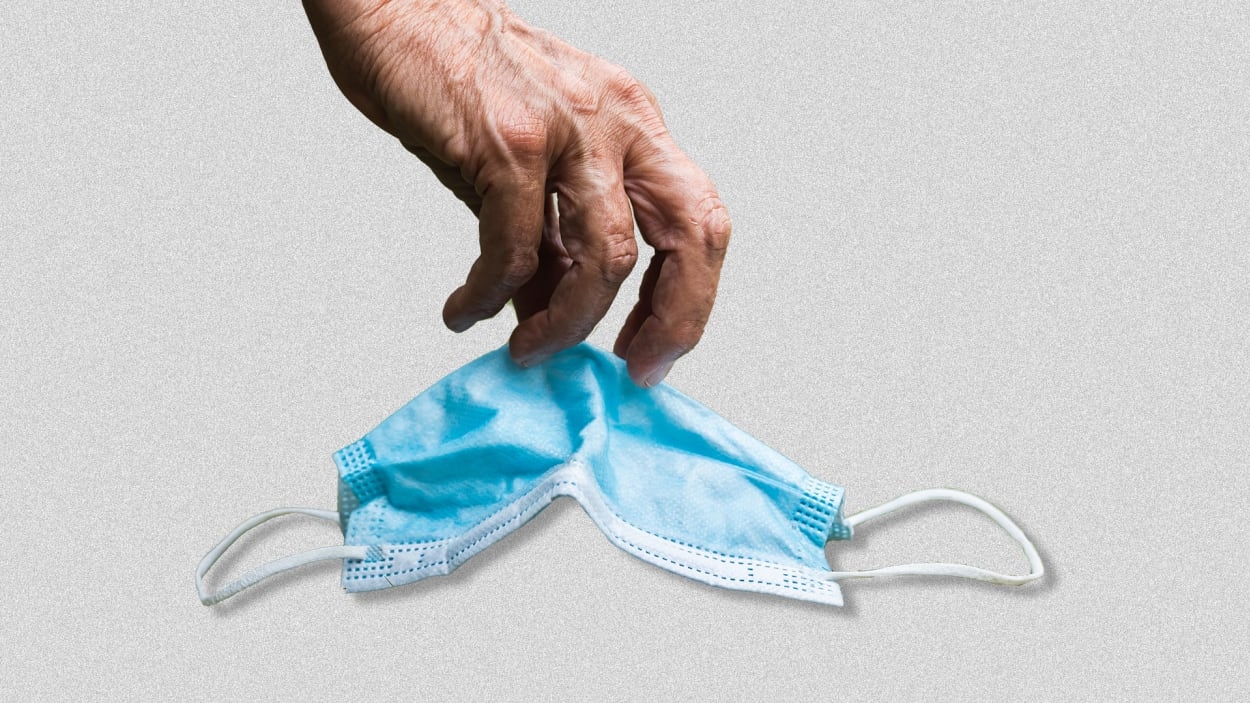After vaccine delays, Monkeypox is spreading—and at risk of becoming endemic, doctors warn
There’s a strange new virus infecting a small but steadily increasing share of the population. Getting it under control requires accurate testing, extensive contact tracing, public health and safety measures requiring responsible personal behavior, and vaccinations. But a lack of urgency among American institutions at the earliest stages of the outbreak, when it matters most, to effectively implement these measures has some experts worried that the novel infectious disease could spiral out of control and become endemic to the American population.
Sound familiar?
In this instance, the pathogen in question is monkeypox, which the World Health Organization (WHO) recently dubbed a “public health emergency of international concern.” But the initial response to its emergence in the U.S. rings eerily similar to the initial failures of the COVID-19 pandemic. Monkeypox is spread by close or intimate contact with an infected person, usually skin to skin or through the exchange of bodily fluids, though it may also be spread from contaminated objects. Symptoms include initial fever, a pounding headache, swollen lymph nodes, and fatigue, followed by painful skin lesions on the face, extremities, mouth, and genitals. Symptoms typically last two to four weeks in adults.
What’s particularly concerning is the fact that unlike during the early days of COVID, when the development of a brand new vaccine was necessary to contain the scourge, there’s already an available vaccine. Drug maker Bavarian Nordic produces Jynneos, a vaccine for smallpox that can be used against the new virus. But it’s been reaching the United States in trickles despite millions of existing doses, stymied by a combination of what critics call an overly cautious approach by the Biden administration officials and bureaucratic red tape (as well as some logistical problems involving shipment and storage of the doses from Europe).
On July 27, the Biden administration announced that 800,000 doses of the monkeypox vaccine would soon be made available and distributed to state and local health departments, and 310,000 doses had already been dispatched. But the outbreak began in early May, and U.S. cases have risen to more than 4,900 since, according to the latest Centers for Disease Control (CDC) data. In the late spring, when cases were limited to certain demographics such as men who have sex with men and with multiple partners (the virus requires close, direct contact to spread, though anyone can contract it) there were just 2,000 available Jynneos doses on hand in America despite a national stockpile of more than one million.
At first, the Biden administration deployed a conservative approach and requested just 72,000 vaccine doses of more than 370,000 that were ready to be shipped from a Bavarian Nordic facility in Denmark, where the company is headquartered. A delayed Food and Drug Administration (FDA) inspection of a facility where doses were set to be filled further delayed the shipment and transfer process for hundreds of thousands of more doses until late June, at the end of Pride month and its accompanying parades and events.
Bavarian Nordic and the Department of Health and Human Services (HHS) have explained that one reason for the cautious approach was not to overextend the available supply since the vaccine has other important uses, and that cooling and storage requirements made the logistics even more complex. But those stumbles at the critical early juncture will likely have long-term implications, and the U.S. has likely missed its golden opportunity to quash the outbreak before it becomes a long-term problem.
“It’s wrong to think of the monkeypox outbreak in weeks or months. The outcome will reverberate for many, many years,” wrote Caitlin Rivers, an infectious disease epidemiologist and former CDC official, in a tweet. “Elimination would take the problem off the table. Endemicity would stretch on indefinitely. [Monkeypox] may not be [especially] deadly but that doesn’t mean it’s inconsequential.”
It’s wrong to think of the monkeypox outbreak in weeks or months. The outcome will reverberate for many, many years. Elimination would take the problem off the table. Endemicity would stretch on indefinitely. Mpx may not be esp deadly but that doesn’t mean it’s inconsequential.
— Caitlin Rivers, PhD (@cmyeaton) July 26, 2022
Federal and local health officials have begun to step up the response in recent days and weeks. For instance, commercial laboratory testing giants such as Quest Diagnostics are rolling out PCR tests for monkeypox to expand capacity, and states like North Carolina are expanding vaccine eligibility from current recommendations, which limit vaccination to people who have either had a sexual partner in the past two weeks who was infected with monkeypox or have had multiple sexual partners in the past two weeks in a region grappling with an outbreak of the virus.
The Biden administration has ordered an additional five million monkeypox vaccine doses as well, though they aren’t expected to be available until well into 2023. In the meantime, the White House says it will beef up efforts to expand testing and vaccine availability. It may even appoint a special national monkeypox response coordinator, akin to a similar existing administrative role for COVID-19, to tackle various parts of the multipronged containment strategy.
“You want coordination among all the different agencies,” said Anthony Fauci, director of the National Institutes of Allergy and Infectious Disease (NIAID), in an appearance on CNN on Tuesday. “You want someone to actually coordinate all of those things to get a much better response. We’re doing well but we’ve gotta do much better.”
Sy Mukherjee has reported on the healthcare industry for a decade. He is a consultant and communications architect at IDEA Pharma.
Recommended for you

This is the secret to transform a bad boss into an effective leader

Your inability to ‘quiet your mind’ isn’t due to lack of effort. It’s the wrong goal

Why this company ditched its 4-day workweek
(62)



